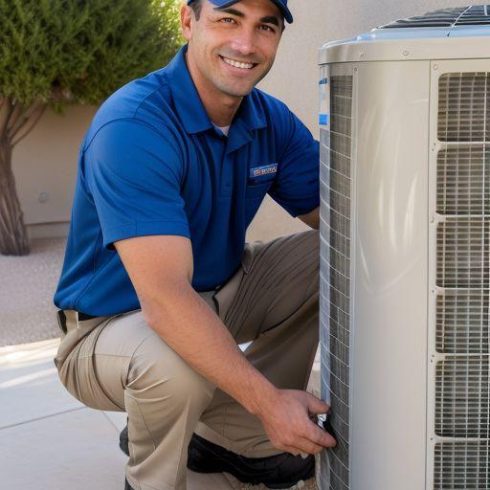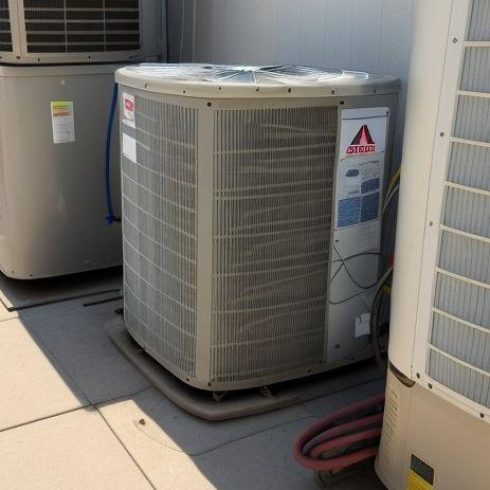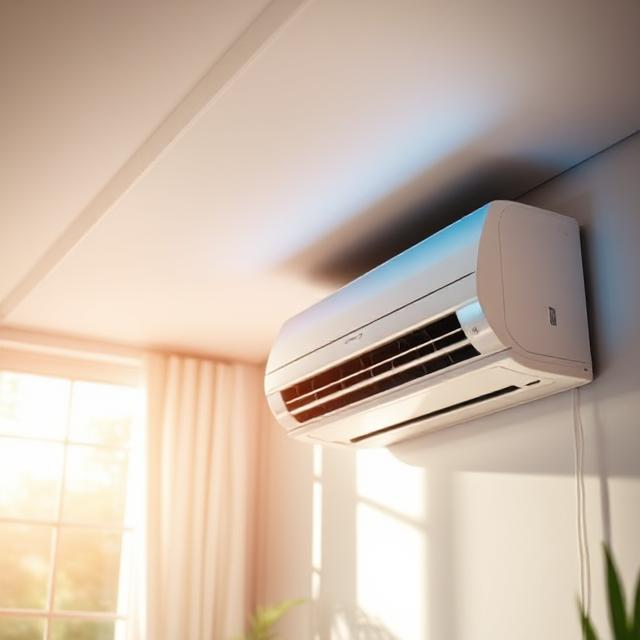Understanding HVAC Repair Costs: Decoding the $5000 AC Rule and More
Introduction
When it comes to maintaining a comfortable indoor environment, heating, ventilation, and air conditioning (HVAC) systems are your best friends. However, just like any other mechanical system, they can run into problems that lead to repair costs that can be quite daunting. Have you ever heard about the infamous $5000 AC rule? This guideline can serve as your guiding star when navigating the often murky waters of HVAC repair costs. In this comprehensive article, we’ll decode this rule and delve deep into various aspects of HVAC repairs, ensuring you're well-equipped to tackle any challenges that come your way.
Understanding HVAC Repair Costs: Decoding the $5000 AC Rule and More
The $5000 AC rule is not merely a whimsical guideline; it's an essential consideration for homeowners wondering whether to repair or replace an aging air conditioning unit. The principle behind this rule is straightforward: if a repair cost exceeds $5,000, you might want to consider investing in a new system instead of pouring money into constant repairs. But why exactly is this threshold set at $5,000?
Let’s break it down:
By understanding these factors, homeowners can make informed decisions regarding their HVAC systems.
The Anatomy of HVAC Systems
What Constitutes an HVAC System?
HVAC systems aren’t just a single unit; they consist of several components working together:
Each component plays a critical role in maintaining indoor comfort.
How Do These Components Affect Repair Costs?
Certain components may be more prone to failure than others:
- Furnaces tend to last longer but can incur high repair costs if they fail.
- Air Conditioners are often more expensive to fix due to complex refrigerant systems.
- Ductwork issues can lead to inefficiencies and increased energy costs.
Knowing which part of your HVAC system needs attention allows for better budgeting for repairs.
Common HVAC Repairs and Their Costs
1. Refrigerant Leaks
Refrigerant leaks are among the most common issues encountered in air conditioning units. The cost of repairing such leaks can range from $200 to $1,500 depending on severity.
Signs You May Have a Refrigerant Leak
- Increased energy bills
- Ice buildup on coils
- Reduced cooling efficiency
2. Compressor Issues
A malfunctioning compressor can lead to significant repair costs ranging from $800 up to $2,500 depending on whether it needs replacement or just minor fixes.
Warning Signs
- Humming noise without cooling
- Frequent cycling on and off
- Tripped circuit breakers
3. Thermostat Troubles
Sometimes the problem lies not within the unit itself but with the thermostat! Repairs here usually cost between $100 and $300.
Symptoms of Thermostat Issues
- Inaccurate temperature readings
- Unresponsive controls
- Constantly running systems
4. Ductwork Problems
Leaky ducts can cause inefficiencies leading you down the path of higher utility bills or even full system breakdowns!
Repair Costs
Expect anywhere from $300 up to $1,500 depending on how extensive the repair work is needed.
Deciding Between Repair vs Replacement
Factors Affecting Your Decision
When faced with hefty repair bills, ask yourself:

This calculated approach helps ensure you're making the right financial choice!
Understanding Seasonal Maintenance for Your HVAC System
Regular maintenance is crucial for prolonging your HVAC lifespan while keeping those pesky repair costs at bay!
Why Is Maintenance Important?
Consider maintenance as preventive care for your air conditioner:
- It enhances efficiency.
- It improves indoor air quality.
- It minimizes unexpected breakdowns.
Tips for Seasonal Maintenance
By following these tips, you'll create an environment where your HVAC system thrives—keeping you cozy through summer heatwaves and winter chills alike!
DIY vs Professional Repairs: Weighing Your Options
While some homeowners may feel inclined to tackle repairs themselves (after all, who doesn’t love saving money?), certain tasks should always be left to professionals due to safety concerns or expertise required:

When Should You DIY?
If you're handy around tools and know basic electric work—or if it's just changing out air filters—you might save some cash by doing it yourself!
When Is Professional Help Necessary?
For gas lines, complex electrical issues, or significant component replacements (like compressors), calling in the pros ensures safety and compliance with local regulations.
FAQs About HVAC Repair Costs
1. What Does Regular Maintenance Cost?
Typically between $150-$400 per year depending on service agreements but well worth every penny!

2. How Long Can My Air Conditioner Last?
On average 10–15 years if properly maintained; however age greatly affects reliability!
3. Are There Any Warranties Available?
Yes! Most manufacturers offer warranties ranging from 5–10 years on parts; check specific terms when purchasing new equipment!
4. Why Are Some Repairs So Expensive?
Costs depend heavily on labor rates in your area along with parts availability—rare components will drive prices up!
5. Can I Finance My Replacement Unit?
Absolutely! Many companies provide financing options making upfront costs easier on your wallet without sacrificing comfort!
6. What Happens If I Ignore Minor Repairs?
Ignoring minor issues can escalate into larger problems causing increased expenses down the line—don't let small things snowball into major headaches!
Conclusion
Navigating through HVAC repair costs doesn't have to feel overwhelming anymore! Armed with knowledge about the notorious $5000 AC rule—and how various Anthem Air Conditioning & Plumbing components affect overall expenses—you’re now ready to tackle any issue head-on! Remember that regular maintenance is key in avoiding costly surprises while making smart decisions about repairs versus replacements will save both time and money over time! Stay cool (and warm) out there!
As we wrap up our exploration of this intricate world known as HVAC repair Mecca—remember; understanding these elements leads not only towards saving bucks but also achieving ultimate home comfort!